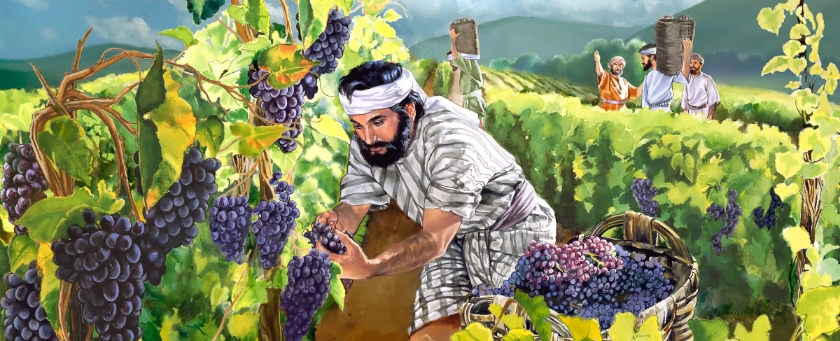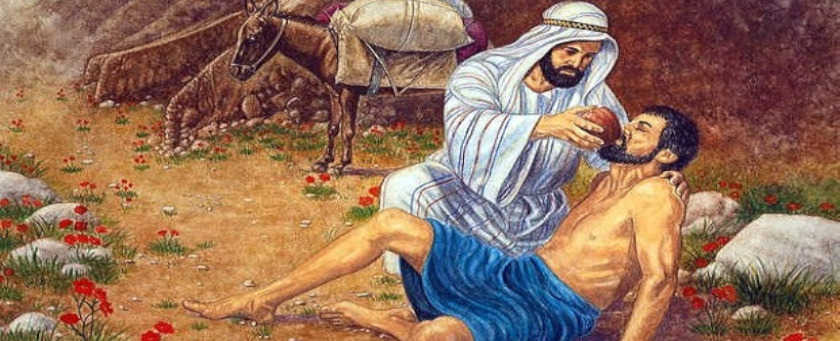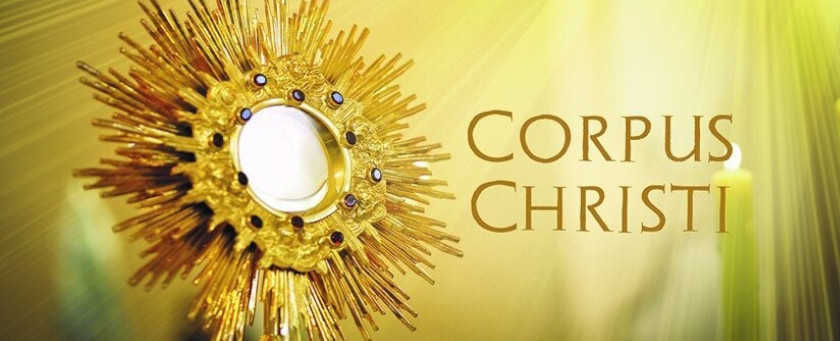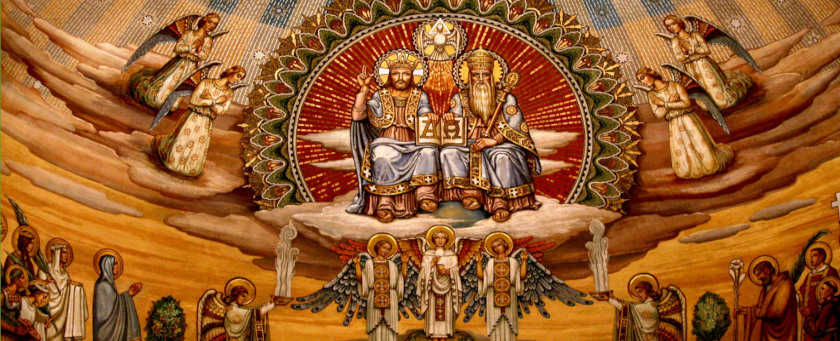We Are All Called to Serve in the Lord's Vineyard
Twenty-seventh Sunday in Ordinary Time, Year A

Readings:
Is. 5:1-7; Ps. 80; Phil. 4:6-9; Mt. 21:33-43
Today, we celebrate the second annual Deacon Sunday, and I would like to acknowledge all deacons throughout the Church. From the very early days of the Acts of the Apostles, men have been chosen to serve in the office of Deacon to assist in the charitable work of the Church. Today, this includes service at the altar, taking communion to the sick and homebound, leading prayer services, celebrating baptisms and weddings, and many other duties that, while often behind the scenes, are an integral part of the life of the Church.
What is a deacon? Simply put, a deacon, which comes from the Greek word diakonos, is a servant. We are all called to be servants in Christ’s Church, according to our own capacity and state in life. And some are called to serve as ordained ministers. Ordained ministers are then tasked with the important work of carrying out Jesus’ mission, a part of which includes governance. It was similar in Jesus’ day, as the chief priests and elders of the people were entrusted with the ministry of governing the sacred liturgy and the people, respectively. But, what happens if those entrusted with carrying out God’s commands fail to do so? Or worse yet, what happens when they become so corrupt that they neglect the needs of the people because they are more concerned with enriching themselves?
The prophet Isaiah is among those prophets who speak truth to power regarding the corruption of the leadership. At this point in the Book of Isaiah, the prophet is addressing people sometime prior to the Assyrian Exile, which took place in 722 BC. This was the first exile, when the Assyrian Empire advanced through the northern kingdom of Israel and took it over. Why might God have allowed this to happen? Isaiah gives us some insight by way of the Story of the Vineyard.
Isaiah, speaking for God, describes a vineyard that had been set up to yield a certain type of grape, but instead yields wild grapes. The problem is that the one who planted the grapes expected them to produce good fruit, but something else came forth instead. Wild grapes grow like crazy and overtake the good vines; they are like weeds. The image of the vineyard has long been used as an image of the People of God. God rescued his people from slavery in Egypt and transplanted them to the land of milk and honey. But, as God transplanted his vineyard to fertile ground, the grapes went wild. In other words, the people went wild—they stopped obeying his commandments, they grew corrupt from their wealth, and they stopped caring for one another. This was especially the case for the corrupt leaders of Israel. And for failing to keep the commandments, God allows them to be overtaken by their enemy.
Jesus tells us a similar parable in the gospel, which begins the same way. A landowner planted a vineyard and entrusted it to tenants to care for it. Then, when it was time for the harvest, he sent his messengers to receive his portion of the produce, only the tenants would not comply. They were keeping the harvest to enrich themselves. They even go so far as to kill the landowner’s son in an attempt to steal the land. Of course, the image of the vineyard is used to describe the People of Israel, but who are the tenants? Matthew tells us in the gospel that Jesus was speaking to the chief priests and the elders of the people. They are the same audience Isaiah was speaking to all those years prior. It would seem nothing is new under the sun. Even 700 years later, these same rascals are making trouble in the Lord’s vineyard.
What is the solution? The solution is simple: The vineyard will be taken from the wicked tenants and entrusted to other tenants who will give the landowner the produce at the proper time. In other words, there will be a shift in power from those corrupt rulers who abuse their power to those who carry out the Father’s will. So, what about us? How are we serving in the Lord’s vineyard? Are we focused only on what’s in it for us? Or are we focused on what we can do to help others? Do we desire to enrich ourselves with the gifts God gives us? Or do we use our gifts for the good of others? Most importantly, and this is the thrust of the passage, corruption can only lead to destruction of all that is good. That is why St. Paul says, “whatever is true, whatever is honorable, whatever is just, whatever is pure, whatever is lovely, whatever is gracious, if there is any excellence and if there is anything worthy of praise, think about these things.” If we keep our eyes fixed intently on the Lord, his life, his will, his mission, we not only preserve ourselves in a world of corruption, we reap the rewards of our labor.
And so, as we focus on the importance of carrying out God’s will by serving the Church and one another, may the communion we receive today give us the grace to carry out the mission of Christ. And let us keep our hearts and minds and souls firmly rooted in the teaching of Jesus, who is the way, the truth, and the life.





Twitter
Facebook
Pinterest
Email